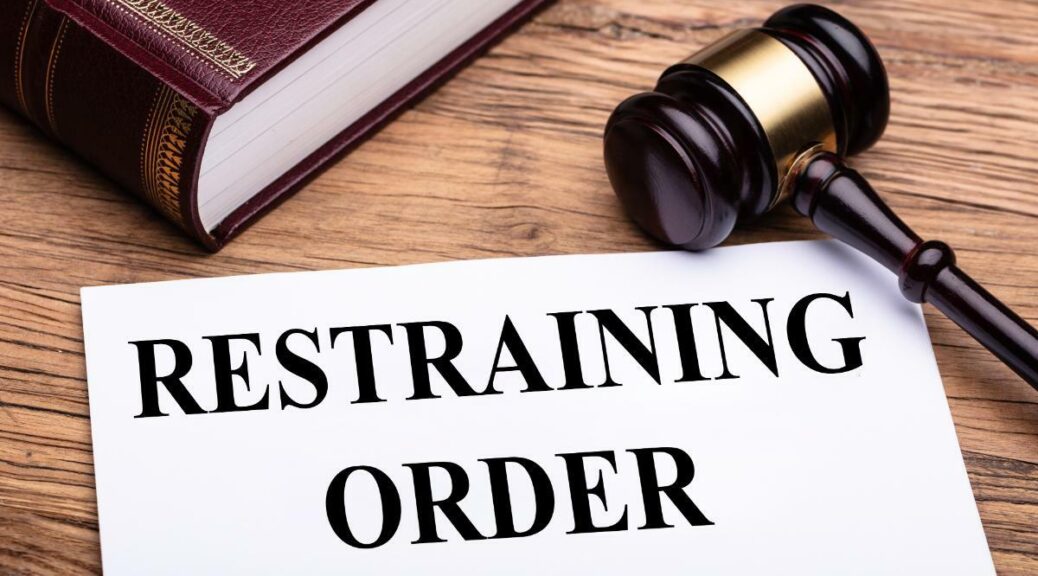California’s new child support law, Senate Bill 343, aims to make the child support system more equitable and personalized. The new law will take effect on January 1, 2026, and one change families should prepare for is the Child Support Order review. CA Certified Family Law Specialist Judy L. Burger shares more about preparing for this new requirement.
Periodic Reviews Of Child Support Orders
Senate Bill SB 343 establishes a requirement for periodic reviews of child support orders to adjust these obligations under evolving circumstances. These reviews will consider changes in the parents’ income, employment status, and the child’s needs over time.
- Has your income recently increased or decreased? Why? (Retirement, layoffs, termination, job change, etc.)
- Has your employment status changed? How? Why? (Termination, self-employed, layoffs, retirement, changed jobs, etc.)
- Have the child’s needs changed? How? (Aging, health concerns, driving, school/college, working, etc.)
The new guidelines seek to maintain fairness in child support arrangements by implementing regular assessments. This ensures that the obligations reflect the current situations of both parents and the child. This provision allows for modifications to child support orders as necessary, promoting ongoing equity in child support agreements.
Here’s a more detailed explanation of how SB 343 impacts child support order reviews:
- Mandatory Follow-up (FC 17430(e)): Local Child Support Agencies (LCSAs) are required to review cases within one year of judgment and annually thereafter, until a modified order is entered.
- Focus on Income and Earning Capacity: The primary purpose of these reviews is to determine if there is sufficient additional evidence to establish an order based on the defendant’s actual income, or to establish a different earning capacity order.
- Mandate for LCSAs: LCSAs must file a motion to modify the support order prospectively within 60 days if a review finds sufficient additional evidence to do so.
Senate Bill 343 introduces the possibility of deviating from standard child support guidelines when payments may place an undue burden on low-income parents. This provision recognizes that a uniform approach to child support may not be suitable for every case, allowing for greater flexibility in establishing obligations based on individual circumstances. Family law attorney Judy Burger can provide guidance to help you understand how these provisions might pertain to your specific situation.
What If the Review Raises or Lowers My Child Support Obligations?
The review will examine the most current information detailing your income and expenses, and the child’s needs. This includes:
- Your income documents
- Your expense documents
- Any child care expenses
- Medical insurance
- Your disability status
- Jail or prison status
- Unemployment benefits
- Retirement income
- Your current custody and visitation arrangements
After reviewing the information you and the other parent provide, your local agency will determine whether a modification is needed and, if so, decide on a new amount of support. As a general rule, a modification may be granted if the support order would change by 20% or $50, whichever is less.
If you disagree with the proposed changes for an increase or decrease, you are entitled to a hearing before a family court to hear your case and determine a more balanced outcome. Family law attorney Judy Burger can help you prepare and argue your case.
Ensure Compliance with New CA Child Support Laws
Family Law Attorney Judy L. Burger specializes in guiding clients through child support matters, providing expert counsel to protect your rights and prioritize your child’s best interests. As a California Certified Family Law Specialist, Judy Burger is equipped to help you navigate any changes or challenges you may face in family law issues.
If you need help addressing your family’s needs, we encourage you to contact one of our offices to schedule a consultation. You can contact us at 415-293-8314 and request an appointment at the location nearest you, which includes Gold River, San Francisco, San Jose, Beverly Hills, San Diego, Oxnard, San Rafael, or Santa Barbara, CA.





